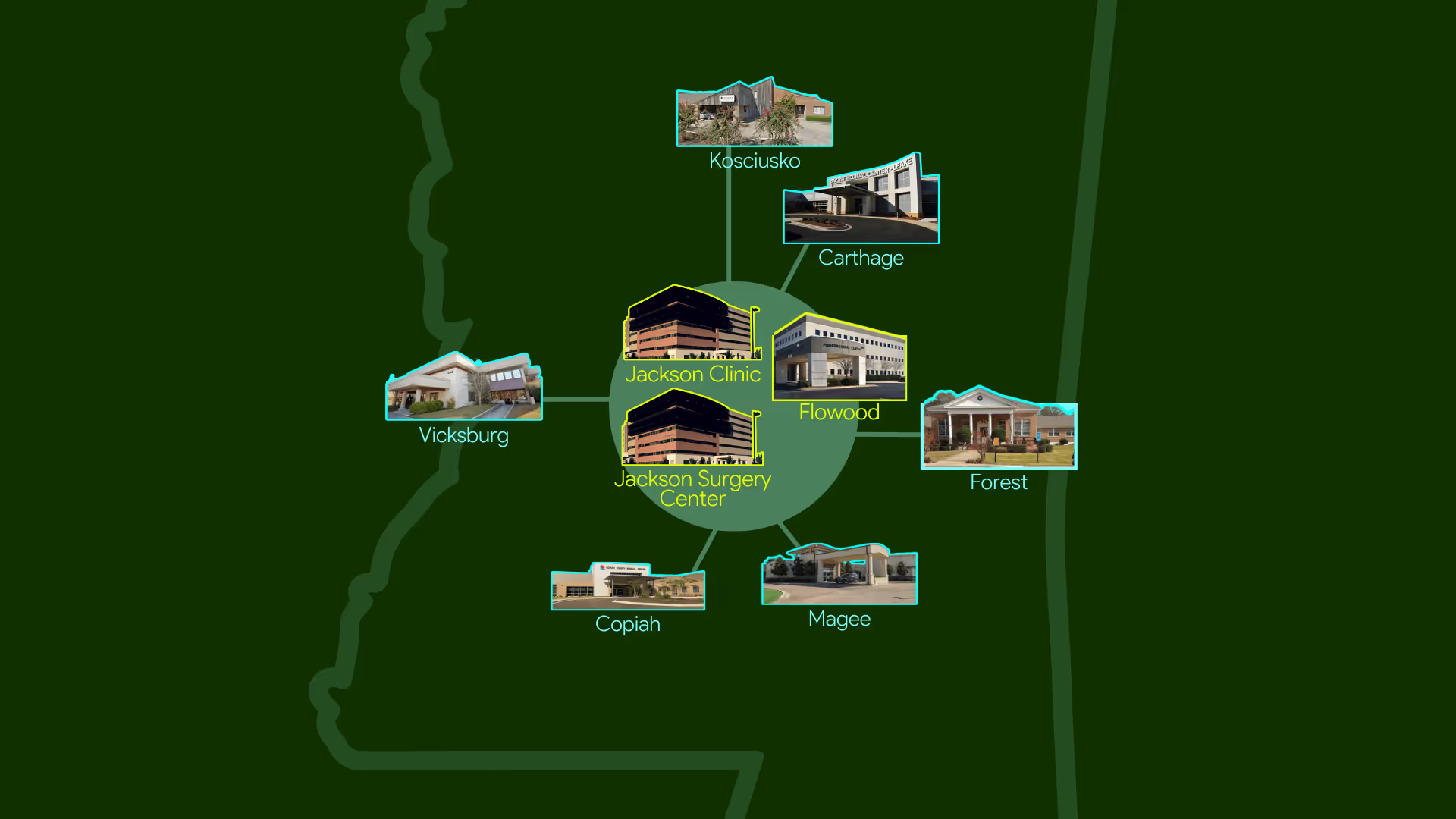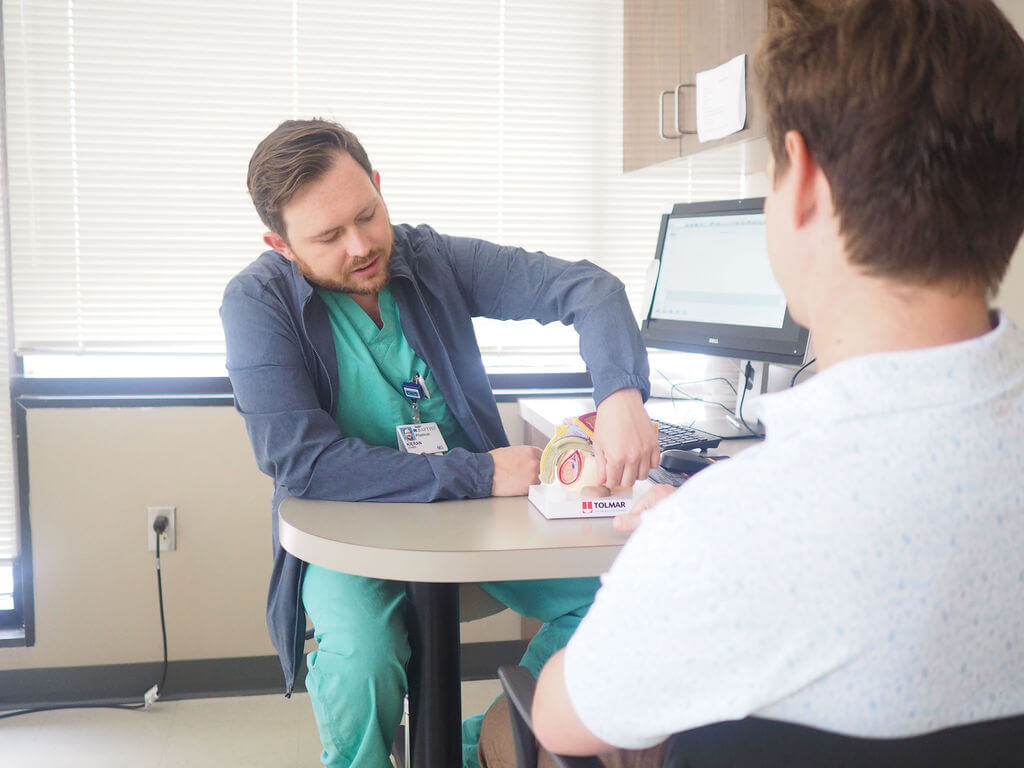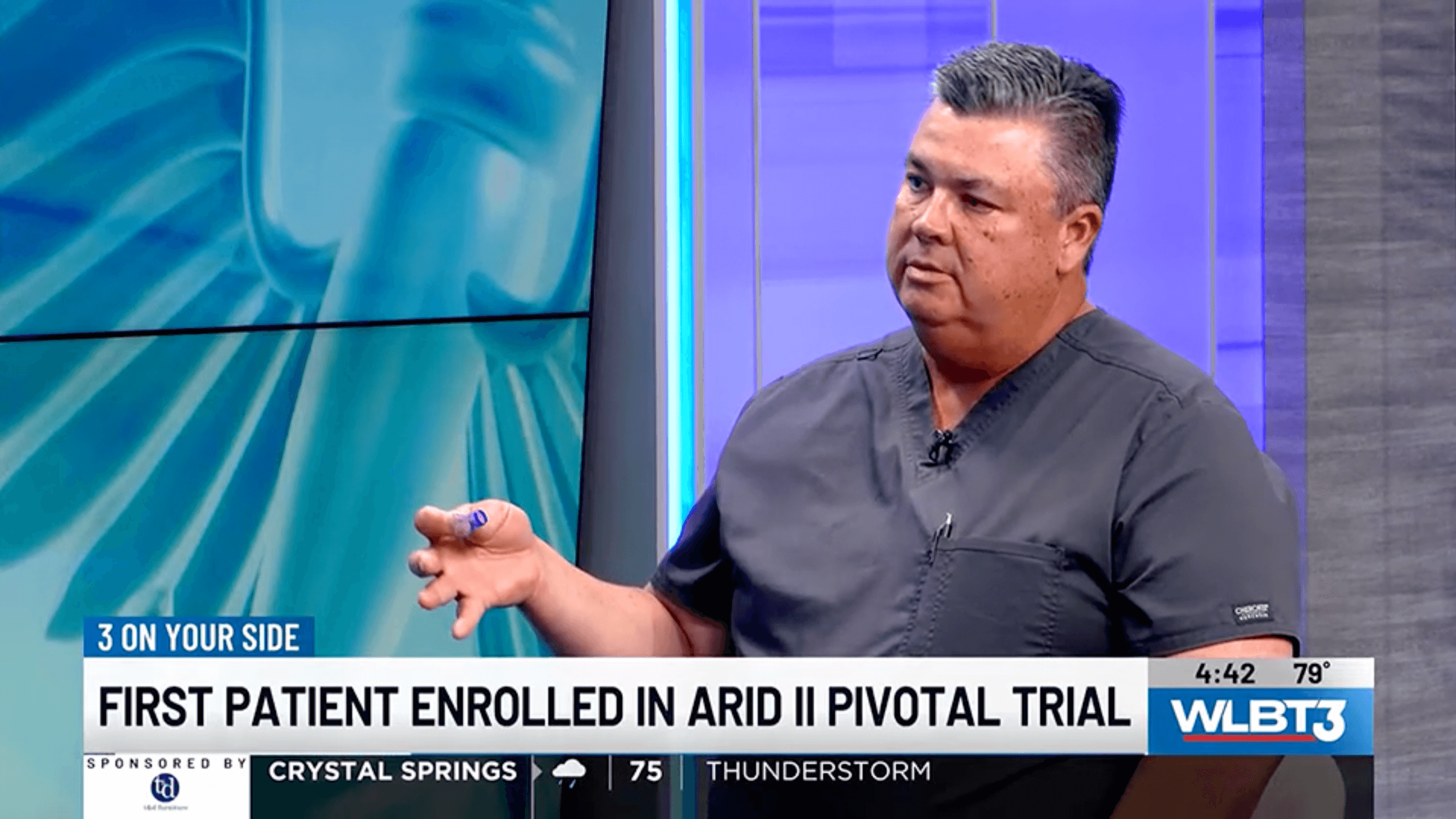The kidney's primary function is to filter blood and produce urine. On the other hand, the gallbladder stores bile produced by the liver, which helps digest and absorb fats.
Kidney stones and gallstones are produced when minerals calcium, oxalate, and uric acid crystallize. Kidney stones are solid masses, while gallstones appear as hard, pebble-like deposits inside the gallbladder--they can vary significantly in size, from a grain of sand to a golf ball. One or more stones could be present in either organ at any given time. People with kidney stones appear more likely to develop gallstones and vice versa.
Let's explore the differences and similarities between these two organs and their stone production.
Who is At Risk for Gallstones vs. Kidney Stones?
Gallstones are most likely to affect Hispanic or Native American women over 40 who have diabetes, obesity, or experience rapid weight loss.
Men over 40 are more likely to develop kidney stones than women, and if a person has one stone, there is a 50 percent chance they will have another within ten years.
Symptoms of Gallstones vs. Kidney Stones?
If you have gallstones, you might not experience any symptoms. But if you do, they'll likely include pain in the upper right abdomen, back pain, and nausea or vomiting.
Some kidney stones will go unnoticed. The pain is typically a sharp cramping sensation in the back and side near the kidneys. Other symptoms may include nausea, vomiting, and blood in the urine. If they are large enough, they can stretch and irritate the ureter, which then blocks urine flow and causes excruciating pain.
Treatment for Gallstones and Kidney Stones
Although no symptoms are associated with gallstones, those who experience them need surgery as soon as possible. In contrast to the treatment of kidney stones, the most common method of ridding oneself of gallstones is gallbladder removal. Laparoscopic cholecystectomy is presently the preferred choice for removing the said organ; however, it does not prevent the future formation of stones. Although gallstone sufferers may be relieved to know that they can live without a gallbladder, knowing that such an organ serves no greater purpose than storing bile leaves something to be desired.
More often than not, small stones will pass through on their own. The patient should stay at home and drink lots of fluids while taking pain medication as necessary. If the pain is unbearable or there's a stone blocking the urinary tract, lithotripsy -- a medical procedure to remove the stone -- can be performed.
Prevention Tips for Gallstones or Kidney Stones
The best method of preventing gallstones is to live a healthy lifestyle with a balanced diet.
You should always speak with your doctor about weight-loss plans, especially if you are on estrogen-based or high doses of birth control pills. Eating healthy meals regularly and exercising often is the best way to lose weight at a healthy pace.
Consuming copious amounts of fluids daily is the best way to stop kidney stones from forming. For people inclined to develop calcium oxalate stones, cutting back on certain foods might be necessary.
Find Relief at Mississippi Urology Clinic
If you're experiencing symptoms that might be either gallstones or kidney stones, it's essential to get medical attention. Schedule an appointment with one of Mississippi Urology Clinic's urologists today to get help keeping your urinary system healthy.



























